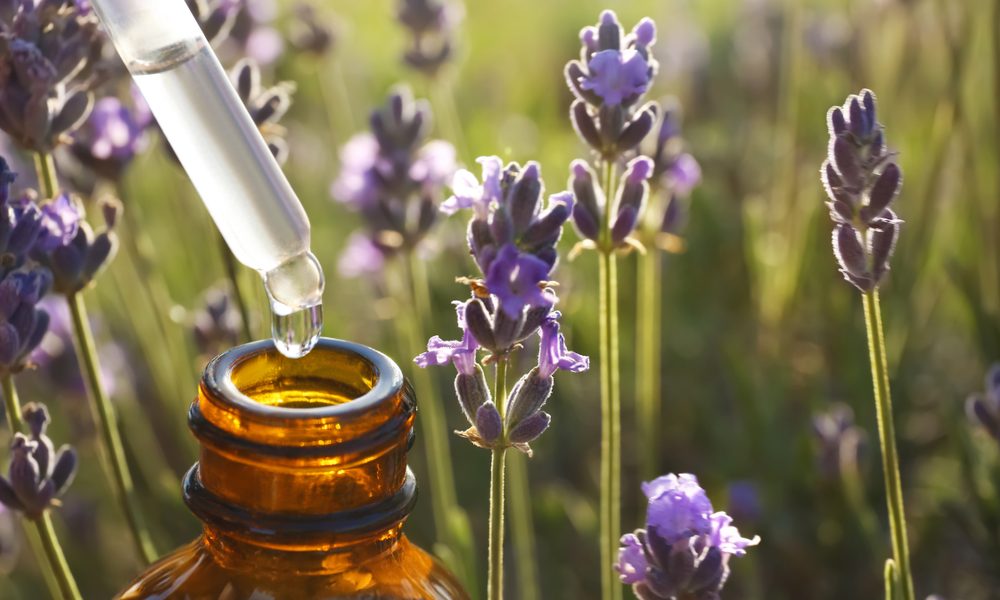
The Science Behind Essential Oils: Do They Treat Anxiety?

If you’ve been watching the news lately, then chances are high that you’ve come across some interesting information regarding how scents such as lavender can do wonders in calming an individuals’ anxiety.
For some, this news might come as a surprise. However, if you’ve been an avid user of essential oils, then it’s a given that you’ve heard that essential oils, as well as aromatherapy, have been used for decades to address common problems such as sleep issues, pain, and stress.
The Study of Essential Oils
Indeed, a recent study published by the Frontiers in Behavioral Neuroscience, suggests that when one sniffs linalool, a certain compound found in lavender, it imparts an effect to specific parts of the brain similar to anti-anxiety drugs.
The only difference being that the impairing movements associated with medicines such as Valium are not experienced. Additionally, it was discovered that Linalool only affected the brain via smell, sans any absorption into the bloodstream.
This is seen as a positive considering that most people are worried about the side effects of interacting with such medicines. The catch? The given experiment was only conducted in mice. So it’s pretty difficult to tell whether the same effects would be experienced in people.
That being said, previous studies on human beings with essential oils have been shown to have contradicting results.
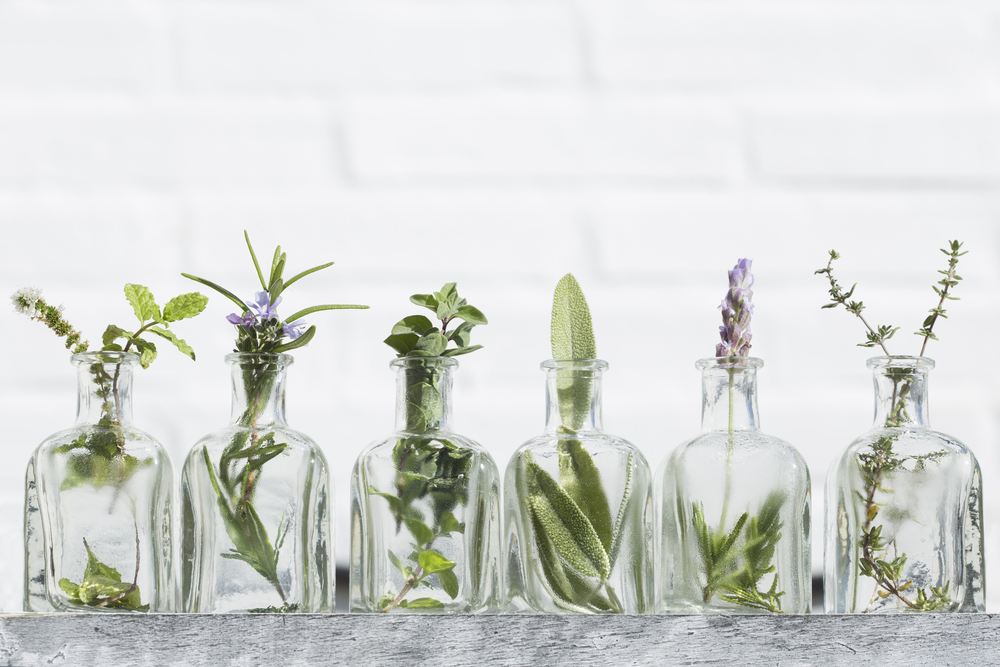
Patricia Chumillas/Shutterstock
Lavendar is the most famous oil around and has been used in a number of principals
Dissecting the Authenticity of Health Benefits
In fact, a study published in 2009 by the Holistic Nursing Practice noted that using rosemary or lavender essential oil sachets was linked to a reduction in pulse rates as well as stress level reduction when graduated nursing students were undergoing an exam.
According to Loyola University Medical Center MD and assistant professor of family medicine Eugene Lee, he considers lavender to be quite relaxing. On the other hand, Rosemary has been found to be quite stimulating. That being said, Lee adds that it depends on the type of anxiety that a person has.
In some individuals, rosemary might trigger the brain and even worsen the anxiety that someone is experiencing. Nevertheless, if one has racing thoughts, using rosemary is great in helping them clear their mind so that they can have a better focus.
Moreover, other studies have shown that certain scents can be vital in the reduction of anxiety especially when dealing with hospital patients, adults in hospice care, women in labor, and people undergoing therapy. That being said, multiple studies have shown that there is no effect documented.
Indeed, one particular review by the British Journal of General Practice in 2000 revealed that aromatherapy relayed transient effects mildly on anxiety in people, but the effects were not considered sufficient treatment for anxiety.
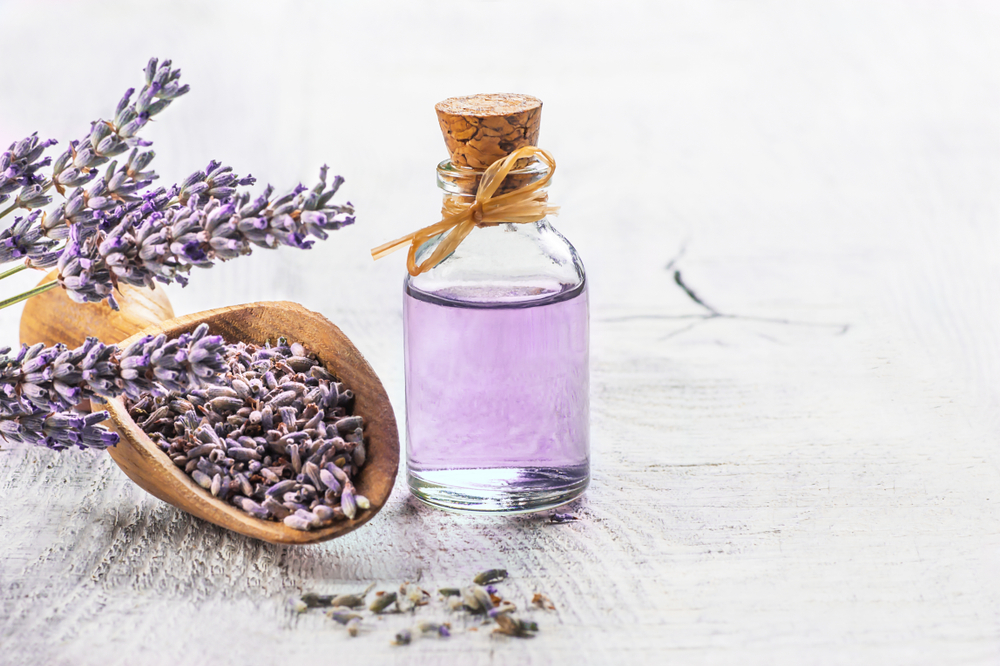
Halil ibrahim mescioglu/Shutterstock
Essential oils have received a lot of popularity in the media lately
Are Essential Oils Ideally Helpful?
So what can you carry away when it comes to essential oils while dealing with anxiety? According to Dr. Lee, there isn’t really none. He believes that some people might find it helpful, while some might not find it effective at all.
The positive might be that when they are used in the right manner and as prescribed, they are usually safe.
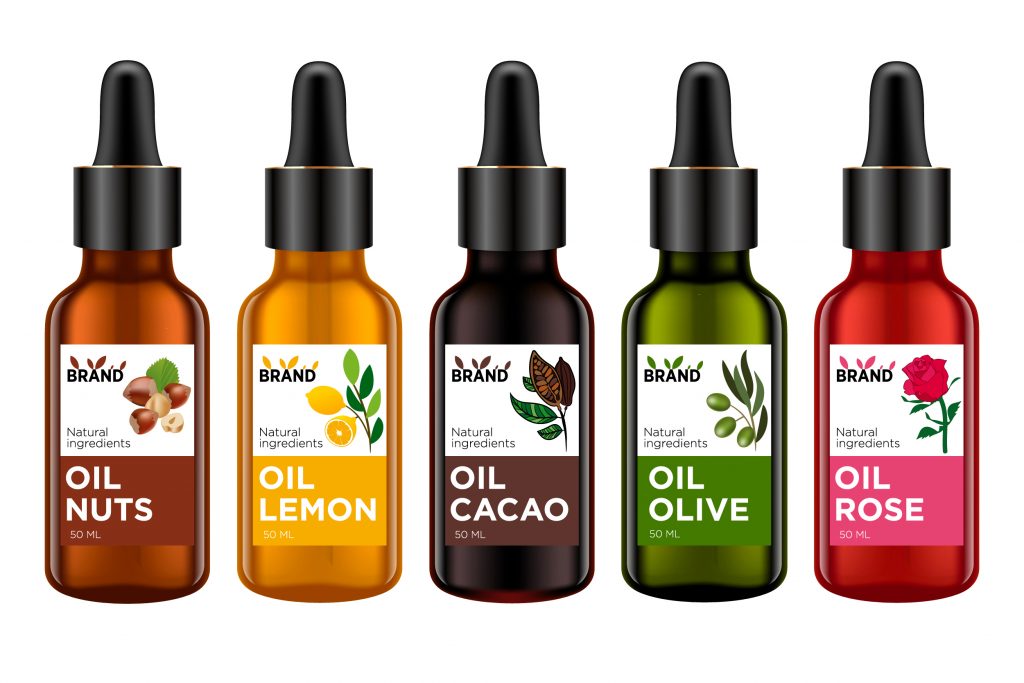
Olzas/Shutterstock
The use of essential oils for therapy is known as aromatherapy
Seeking Aromatherapy
That being said, it’s no denying that there are potential risks that come with their use; especially when they are applied directly to the skin or ingested orally.
Chair of Aromatherapy at the American College of Healthcare Sciences, Ms. Amanda Latin, states that anxiety, stress, pain, and insomnia, are some of the main reasons that individuals seek out aromatherapy.
That being said, she advises that people should consult a registered aromatherapist to better comprehend how to use certain scents, and how they will personally affect you.
Indeed, the easiest way for one to include essential oils in their daily lives is to inhale them.
You can opt to use either a sprinkling mechanism that puts a few drops on objects such as our pillows at night, or using a diffuser that disperses fragrance into the air.
Additionally, essential oils can also be used in creams and lotions, bathing, as well as being applied to the skin.
Unfortunately, a few individuals might find this quite irritating especially if the oils are not diluted.
Conclusively, despite lavender being the most popular essential oil with a lot of research on it, it is not the only oil that aromatherapists recommend with anxiety.
Other alternatives include sweet orange oils, sandalwood, and bergamot.
More in Mind & Mental
-
`
Signs of Emotional Connection in Relationships
Building a strong connection with someone isn’t just about being in sync or sharing hobbies—it’s about that deeper bond, where you...
December 4, 2023 -
`
Hollywood’s Shortest Marriages: Britney Spears, Carmen Electra & More!
In the glitzy world of Hollywood, where fairy tales often unfold on the silver screen, there exists a flip side—a realm...
December 3, 2023 -
`
The Surprising Benefits of Unplugging
In today’s hyper-connected world, where we are constantly bombarded with notifications, messages, and the allure of social media, disconnecting may seem...
November 26, 2023 -
`
How “Looking Your Best” Improves Our Wellbeing
Most of us have had moments standing in front of our closet, deciding on an outfit for the day. And we...
November 15, 2023 -
`
Therapy? Medication? What Are the Treatments for PTSD
Post-Traumatic Stress Disorder (PTSD) is a common after-effect of traumatic events. It can be a debilitating condition, but the good news...
November 7, 2023 -
`
Meet the Woman Who ALMOST Married Barack Obama
Barack Obama’s life has been a captivating narrative, often told and retold, with each revelation adding layers of intrigue to his...
November 5, 2023 -
`
The Rise of Caviar Bumps, Thanks to Gen Z
In an intriguing twist of culinary culture, millennials and Gen Zers are drawn to an unusual indulgence – fish eggs, or...
October 28, 2023 -
`
Everything You Need to Know About Acid Reflux, Heartburn and GERD
Ever had that burning-in-the-chest sensation after a meal? Or perhaps you have lain awake at night with an odd sour taste...
October 17, 2023 -
`
Best AI Apps for Mental Health
Mental health has long been a topic of discussion and concern. With technological advancements, AI (Artificial Intelligence) has emerged as a...
October 10, 2023








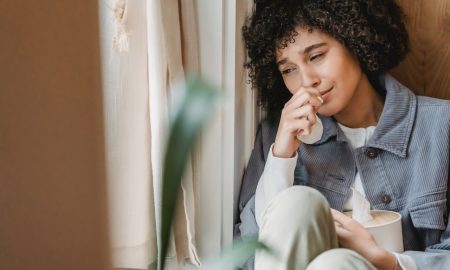


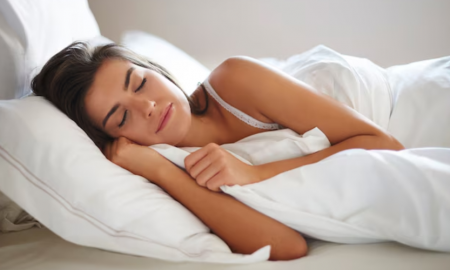



You must be logged in to post a comment Login